Highly efficient and stable Ru-free catalyst for hydrogen generation from ammonia
Green Car Congress
AUGUST 19, 2022
Now, a team from the University at Buffalo, Southern Illinois University, University of South Carolina and Brookhaven National Laboratory reports a highly active and stable Ru-free catalyst from earth-abundant elements for efficient carbon-free hydrogen generation via ammonia decomposition. Resources. Tabassum, S.

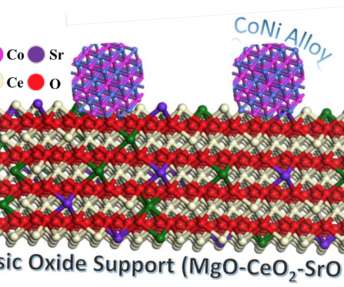
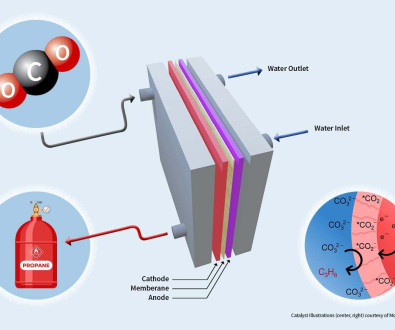






















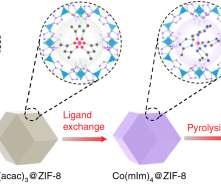






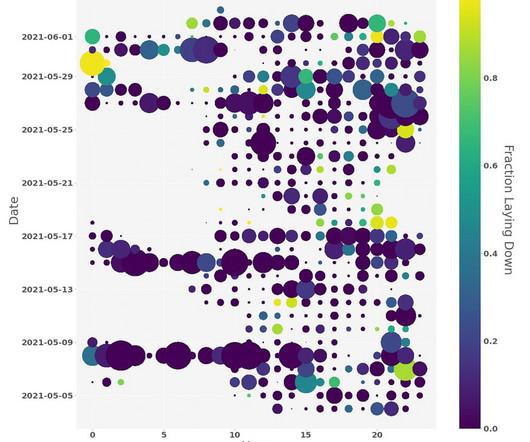

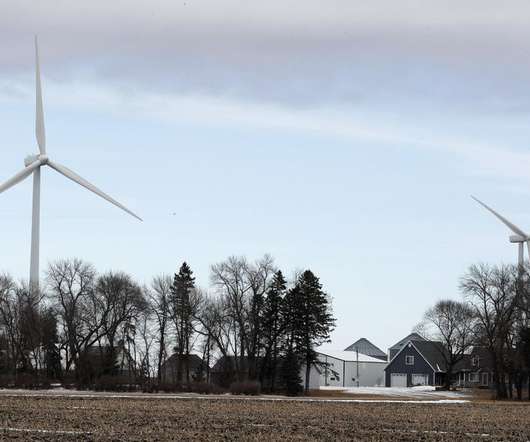








Let's personalize your content